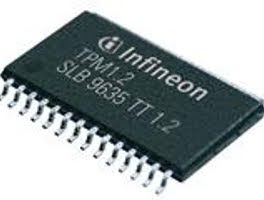2011: The Reality Is Now Officially Virtual

A week ago I was contemplating whether the shutdown of the Internet would mean the shutdown of the human civilization. And even if not today, we are rapidly approaching the point of no return. Our assets, achievements, wealth, power, love, joy, entertainment - you name it - come in a form of bits, not atoms. A bit is a state of information. It does not exist in a physical world. It has no mass, no energy, no dimensions. It only carries and represents information. We have come to the era where the value of information (bits) is exceeding the combined value of all other physical items (atoms). To me the milestone we have passed in 2010 was the discovery of the Stuxnet virus. The discovery, as the Stuxnet was created much earlier, probably in 2009 or even 2008. The Stuxnet is a weapon. It is the first weapon in the history of mankind that does not have a physical form. The Stuxnet is just an organized group of bits, a piece of information. With immense power to destroy the targets it was...





















